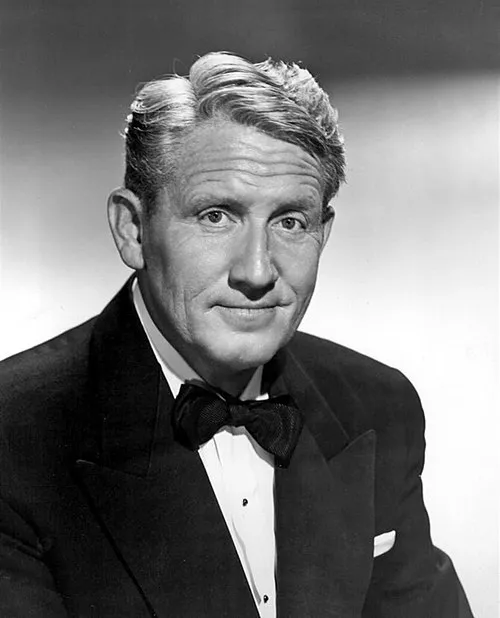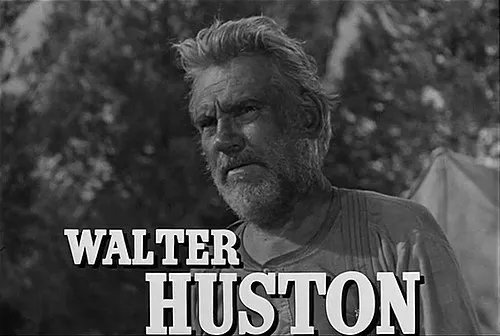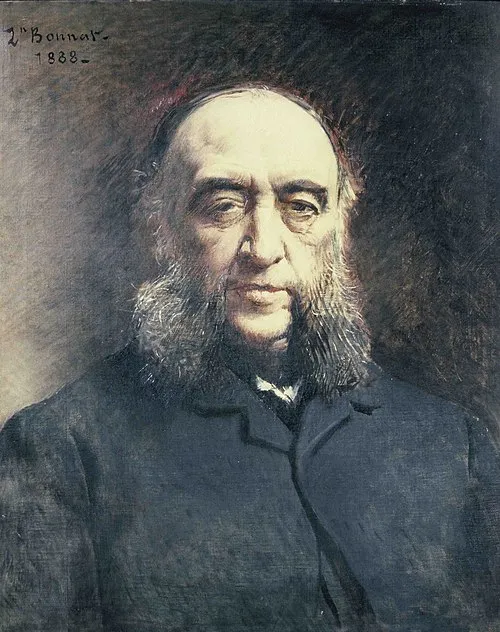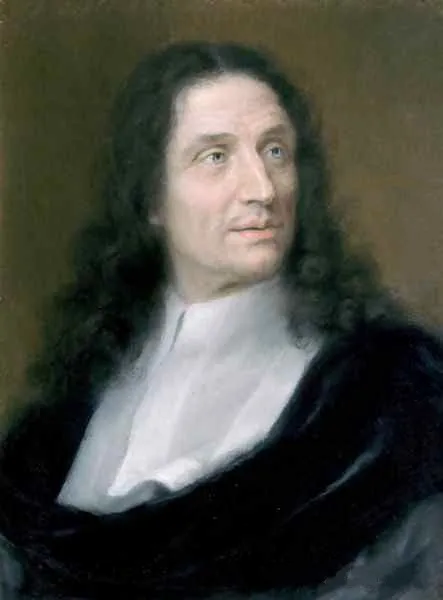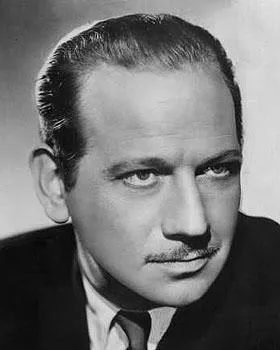
Name: Melvyn Douglas
Nationality: American
Profession: Actor
Birth Year: 1901
Death Year: 1981
Celebrating the Legacy of Melvyn Douglas: A Journey Through Film and Life
Born into a world teetering on the edge of modernity, Melvyn Douglas entered this realm in 1901. However, his path to stardom was anything but straightforward. Raised in a family that valued the arts his mother was a concert singer and his father a successful businessman he was inevitably drawn to the performing arts. Yet, despite the encouragement surrounding him, young Melvyn’s initial foray into acting faced several challenges.
In his late teens, he found himself at the prestigious University of California, where he began to hone his craft on stage. Here, one might argue that it wasn’t just about learning lines or performing; it was about discovering oneself amidst applause and criticism alike. Ironically, as he became increasingly passionate about theatre during this period, World War I loomed large over Europe a conflict that would soon affect countless lives.
Following his graduation in 1923, Douglas quickly realized that opportunities in theatre were limited; many had flocked to Hollywood seeking fame and fortune during the roaring twenties. In pursuit of this dream, he ventured to Los Angeles a city bustling with ambition and possibility yet rife with competition. His early years there were fraught with hardships: struggling against typecasting as an extra in silent films while navigating a rapidly changing industry.
Yet perhaps it was these very challenges that forged him into a resilient actor capable of profound performances! In 1930, just as sound took over cinema with “talkies,” Melvyn landed a significant role in “The Laughter” alongside famed actress Helen Hayes. This performance marked his emergence from obscurity setting off a chain reaction that would ultimately lead him to acclaim across both film and theatre.
A Flourishing Career
As decades rolled on like waves upon the shore of time... each new role saw Douglas rise higher within Hollywood’s elite circles! He transitioned seamlessly from romantic leads to complex characters grappling with existential dilemmas each portrayal layered with depth and authenticity.
His ability to navigate diverse genres is exemplified by films such as “Ninotchka” (1939) starring Greta Garbo a comedic masterpiece where he played Count Leon d’Algout opposite Garbo’s famously stoic character! Critics lauded their chemistry; audiences adored them and thus began an era when laughter intertwined effortlessly with romance on screen!
The Golden Age of Cinema
The 1940s ushered in what many consider Douglas’s golden age a time when accolades poured forth like rain after drought! His performances earned him not one but two Academy Awards for Best Supporting Actor for “You Can’t Take It With You” (1938) and “Being There” (1979). Who knows how much these victories meant personally? They symbolized not only recognition by peers but also vindication against early struggles!
A Complex Legacy
However... despite such accolades, there were darker moments interspersed throughout his journey! After World War II ended the glitz faded momentarily amid societal changes and those who once celebrated patriotism felt lost amidst shifting cultural landscapes.
"Perhaps it was then that he realized fame could be fleeting..."
A Voice for Social Change
Inevitably finding purpose beyond acting... Melvyn emerged as an advocate for social causes during tumultuous times! He used his platform thoughtfully speaking out against McCarthyism while supporting civil rights movements across America through various philanthropic efforts!
The irony lies here; even while winning accolades upon accolades within entertainment circles the man wielding power sought deeper meaning beyond fame alone… Was this drive born out fear? Or perhaps from empathy stemming back towards humble beginnings?
The Transition to Television
Certainly not one confined solely by film; television beckoned too as each new medium presented opportunities anew! The rise of television drama provided yet another canvas onto which he painted brilliant performances...
A New Chapter Unfolds...
In 1966 came groundbreaking roles seen through series like "The Old Man Who Cried Wolf," captivating audiences once again… Undoubtedly demonstrating resilience alongside evolution paired artistry!
A Lasting Impact on Future Generations
This adaptability cemented Melvyn's status not merely amongst contemporaries but rather established foundations paving paths for future generations aspiring toward greatness themselves!
Cultural Reflection: Modern-Day Connections
If one looks closely today... echoes remain alive still reflecting our current societal tapestry woven tightly together by shared narratives with themes echoing through mediums revisiting timeless ideals explored onscreen previously!


